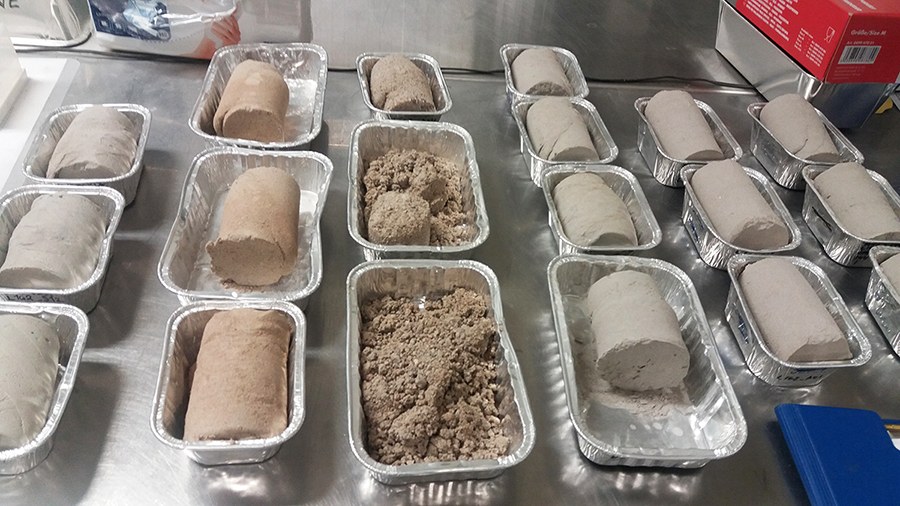Tampere Universities’ RATKI project develops civil engineering towards circular economy

The Circular Economy RDI Network in Civil Engineering (RATKI) is a joint ERDF project of Tampere University and Tampere University of Applied Sciences (TAMK). The project idea and need for the network were presented in the Council of Tampere Region’s regional survival strategy.
Materials salvage and recycling have for a long time been an essential part of construction. In the tightening regulatory environment, strengthening of circular economy calls for establishment of good practices based procedures for municipalities and public sector purchasers. It allows better use of the potential and contractors’ abilities.
Large proportion of construction waste is already reused
According to Statistics Finland (2019), majority of construction waste (13.2 Mt) is tailing, mainly spoil. Wood waste comprises about 0.4 Mt, mixed waste 0.02Mt and metal waste 0.001 Mt.
“Asphalt is already largely recycled. Good-quality soil is used at the same construction site, if possible. Blasted rock is also effectively used in earth construction,” tells Senior Lecturer Eero Nippala from Tampere University of Applied Sciences.
According to Nippala, brick and concrete rubble is typically used in infrastructure construction, such as road and street structures. Concrete reinforcing bars are also recycled. Re-use of structures is currently studied and developed in the ReCreate project.

Circular economy attitude and competence to teaching
The universities community has diverse circular economy competence and experience. Mauri Laasonen from Tampere University of Applied Sciences is the project manager for the whole project and Pirjo Kuula leads the project at Tampere University.
“Tampere University and TAMK nowadays belong to the same large organisation. Joint projects are an excellent possibility to learn and disseminate information and professional expertise inside the universities community,” Kuula says.
“It is especially important to transfer circular economy thinking and research information to teaching and future generations,” states University Instructor Minna Leppänen.
Mapping offers an overall picture of present-day circular economy
Strong working life connections support the project. The steering group consists of representatives of associations and municipalities. The participants are Koneyrittäjät, Infra Contractors Association, Confederation of Finnish Construction Industries, Finnish Environmental Industries, Town of Sastamala, Finnish Green Building Council, UUMA programme and Tampere Region Centre for Economic Development, Transport and the Environment.
The project maps the circular economy situation in Tampere Region municipalities and develops good practices and processes for promotion of circular economy in cooperation with different players.
Key municipal and business players are currently being interviewed and information is being collected on the present-day circular economy situation, bottlenecks and competence needs. Based on the identified needs, workshops will be organised for example on cooperation possibilities. Procedures will be documented and developed in pilot projects.
“Based on the made interviews and municipality survey, there are large differences between municipalities. A connecting thread is municipalities’ scarce resources which restrict development,” tells Sirpa Väisänen, who is one of the interviewers.
If all check marks are reached, Tampere Region players will know what construction-related circular economy competence and support the universities community offers and the universities community will become a more active player in Tampere Region construction networks.
“All parties will learn about circular economy and attitudes will become more favourable to circular economy,” describes Pirjo Kuula.
Read more on the RATKI project’s website: https://projects.tuni.fi/ratki/ (in Finnish)
Text: Emmi Rämö
Photos: Emmi Rämö and Minna Leppänen





